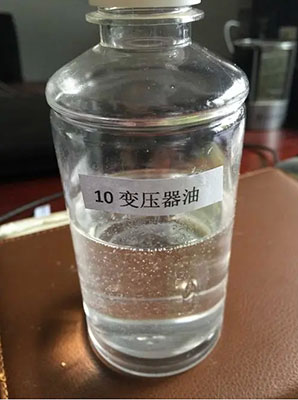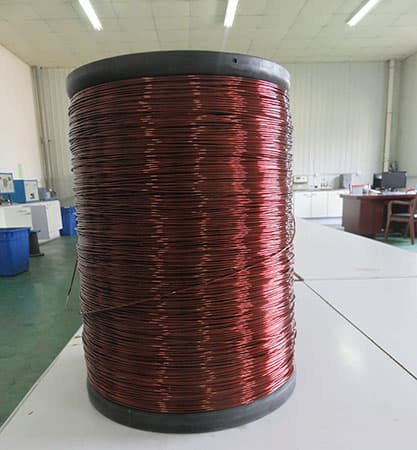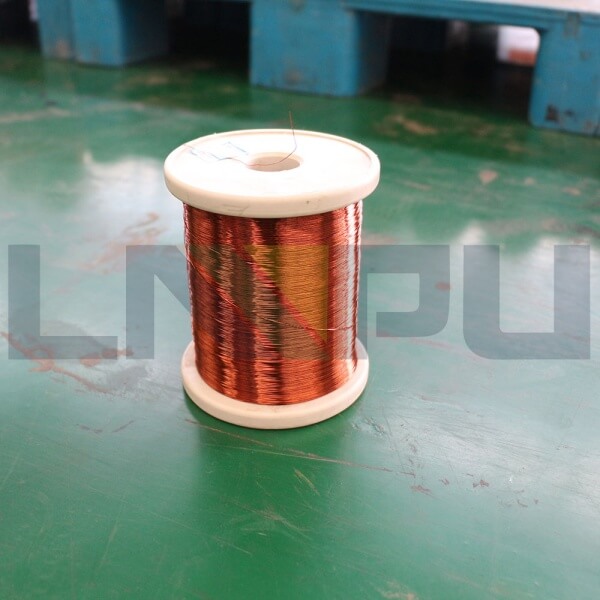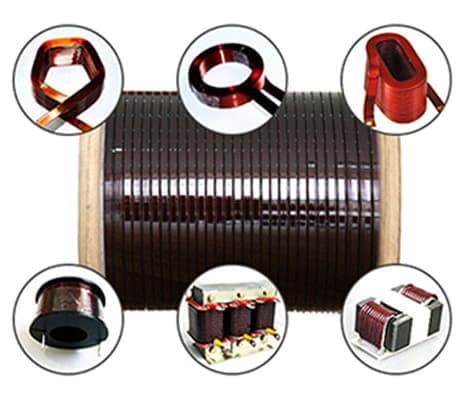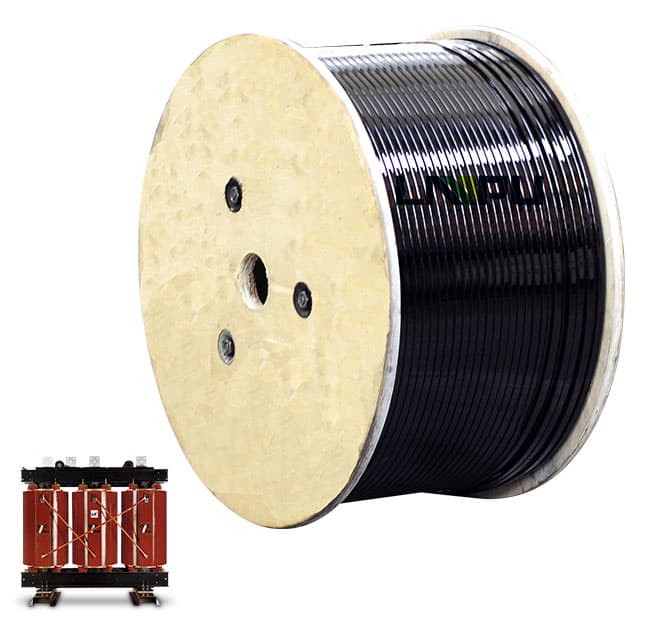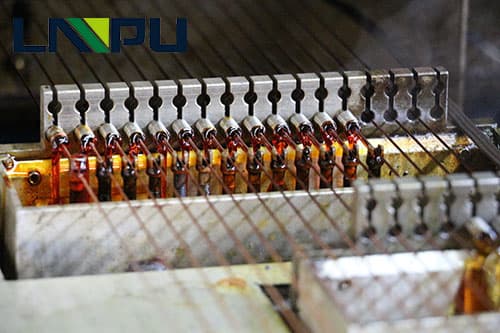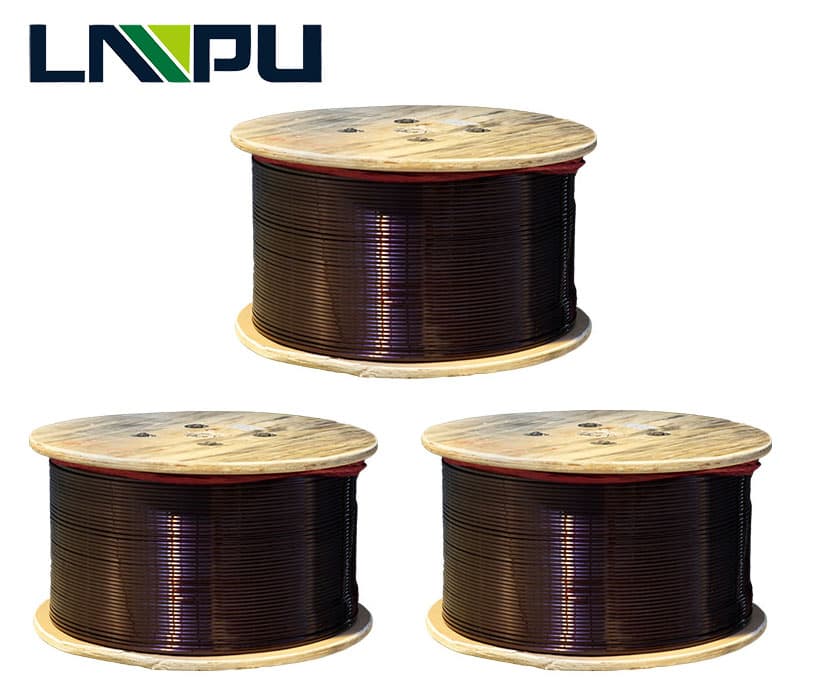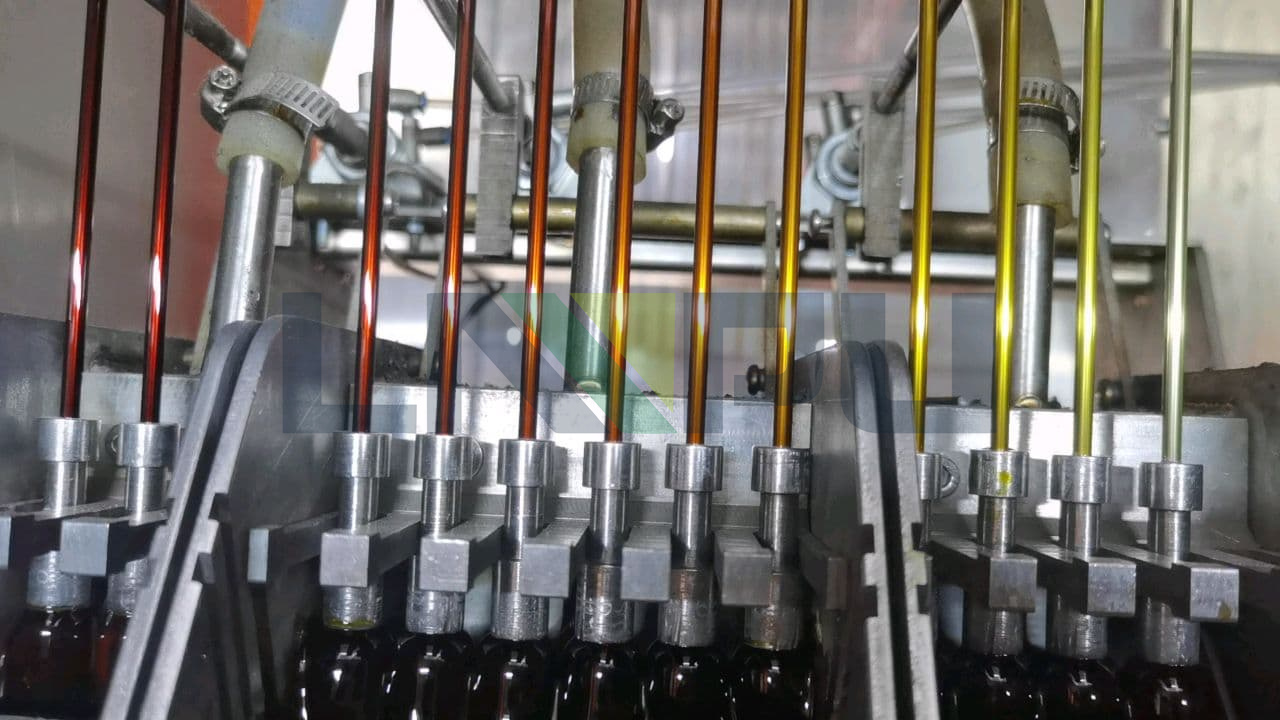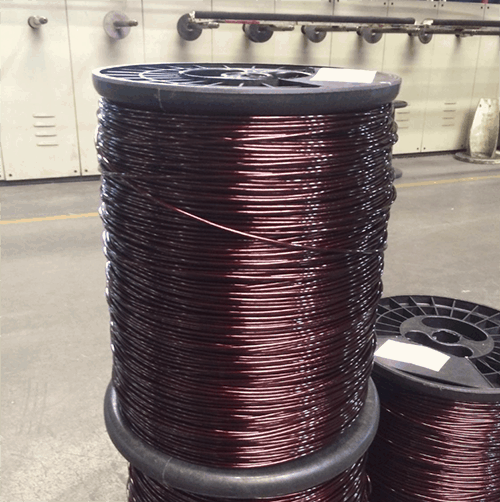Transformer oil
Transformer oil: It is a fractionation product of petroleum, and its main components are alkanes, cycloalkane saturated hydrocarbons, aromatic unsaturated hydrocarbons and other compounds. Commonly known as square shed oil, it is a light yellow transparent liquid with a relative density of 0.895. Freezing point <-45¡æ.
Transformer oil is a kind of mineral oil obtained by distillation and refining from natural petroleum. It is a liquid natural hydrocarbon that is pure and stable, with low viscosity, good insulation, and good cooling by acid-base refining treatment of the lubricating oil fraction in petroleum. Mixture of compounds. Commonly known as square shed oil, light yellow transparent liquid.
The main function of transformer oil:
(1) Insulation: Transformer oil has much higher insulation strength than air. The insulating material is immersed in oil, which not only improves the insulation strength, but also protects it from moisture.
(2) Heat dissipation: Transformer oil has a large specific heat and is often used as a coolant. The heat generated during the operation of the transformer causes the oil close to the iron core and windings to be heated and expanded. Through the upper and lower convection of the oil, the heat is dissipated through the radiator to ensure the normal operation of the transformer.
(3) Arc suppression effect: on the oil circuit breaker and the on-load voltage regulating switch of the transformer, an arc will be generated when the contacts are switched. Because the transformer oil has good thermal conductivity, and can separate a large amount of gas under the action of the high temperature of the arc, and generate a large pressure, the arc extinguishing performance of the medium is improved, and the arc is quickly extinguished.
The performance of transformer oil usually has the following requirements:
(1) The density of transformer oil should be as small as possible to facilitate precipitation of moisture and impurities in the oil.
(2) The viscosity should be moderate, too large will affect the convection heat dissipation, too small will reduce the flash point.
(3) The flash point should be as high as possible, and generally should not be lower than 136¡ãC.
(4) The freezing point should be as low as possible.
(5) The lower the content of impurities such as acid, alkali, sulfur, and ash, the better, in order to avoid their corrosion of insulating materials, wires, fuel tanks, etc. as much as possible.
(6) The degree of oxidation should not be too high. The degree of oxidation is usually expressed by acid value, which refers to the amount of potassium hydroxide (mg) required to absorb the free acid in 1 gram of oil.
(7) The stability degree should not be too low. The stability degree is usually expressed by the precipitate of the acid value test, which represents the oil’s anti-aging ability
Effect for transformer
1. The oil in the transformer mainly plays a role of heat dissipation and cooling during operation;
2. Insulate and maintain the windings (maintain good insulation);
3. The transformer oil acts as an arc extinguishing agent at the contact point of the tap switch at the high-voltage lead to prevent the generation of corona and arc discharge;
4. Transformer oil is widely used as a liquid seal in hydraulic safety valves.

